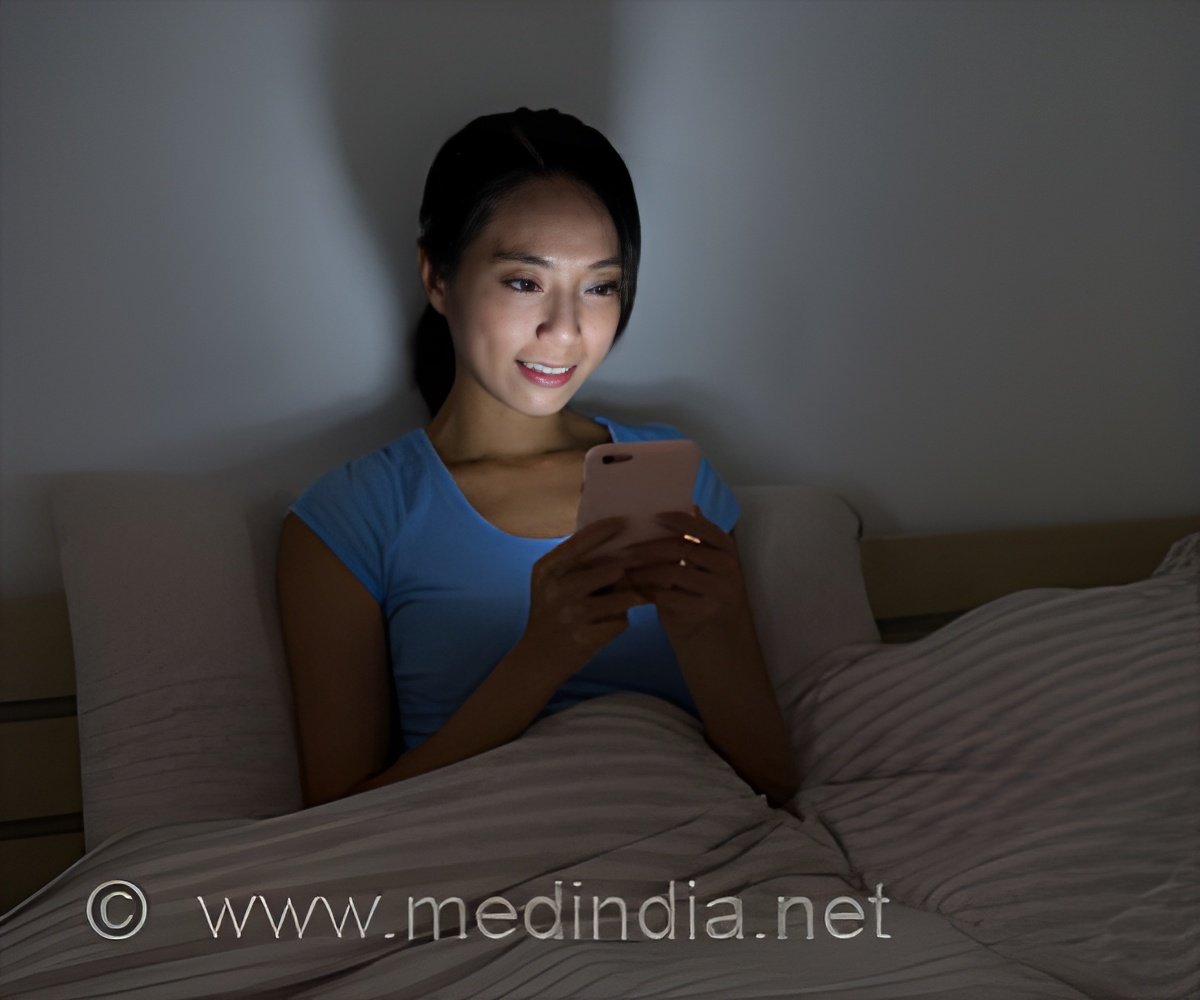Mental health was associated with concerns and worries felt by participants about their own smartphone usage, revealed a new study.

TOP INSIGHT
General smartphone usage is a poor predictor of anxiety, depression or stress, researchers advise caution when it comes to digital detoxes.
Lead author Heather Shaw of Lancaster University's Department of Psychology said: "A person's daily smartphone pickups or screen time did not predict anxiety, depression, or stress symptoms. Additionally, those who exceeded clinical 'cut off points' for both general anxiety and major depressive disorder did not use their phone more than those who scored below this threshold."
Previous studies have focused on the potentially detrimental impact of 'screen time', but the new study shows that people's attitudes or worries are likely to drive these findings.
Dr David Ellis, from the University of Bath's School of Management, said: "Mobile technologies have become even more essential for work and day-to-day life during the COVID-19 pandemic. Our results add to a growing body of research that suggests reducing general screen time will not make people happier. Instead of pushing the benefits of digital detox, our research suggests people would benefit from measures to address the worries and fears that have grown up around time spent using phones."
Source-Medindia
 MEDINDIA
MEDINDIA




 Email
Email




